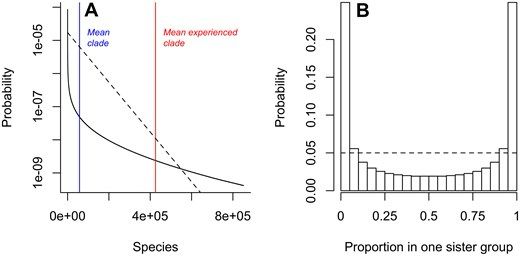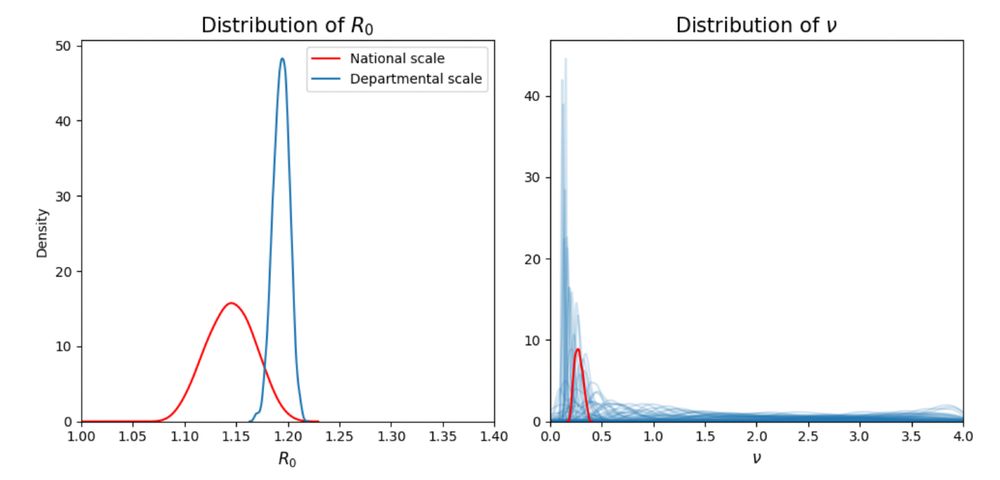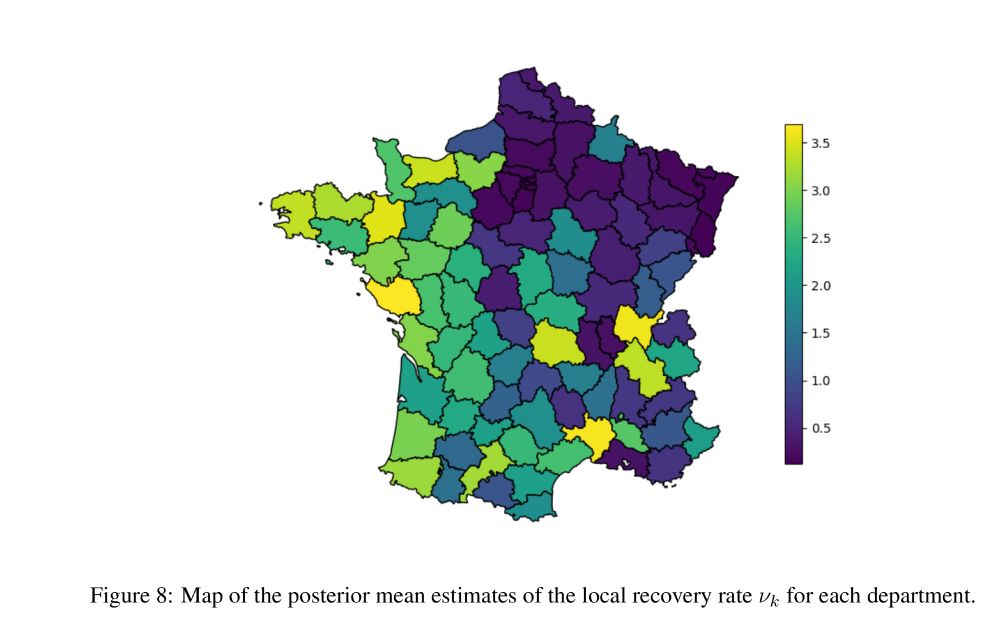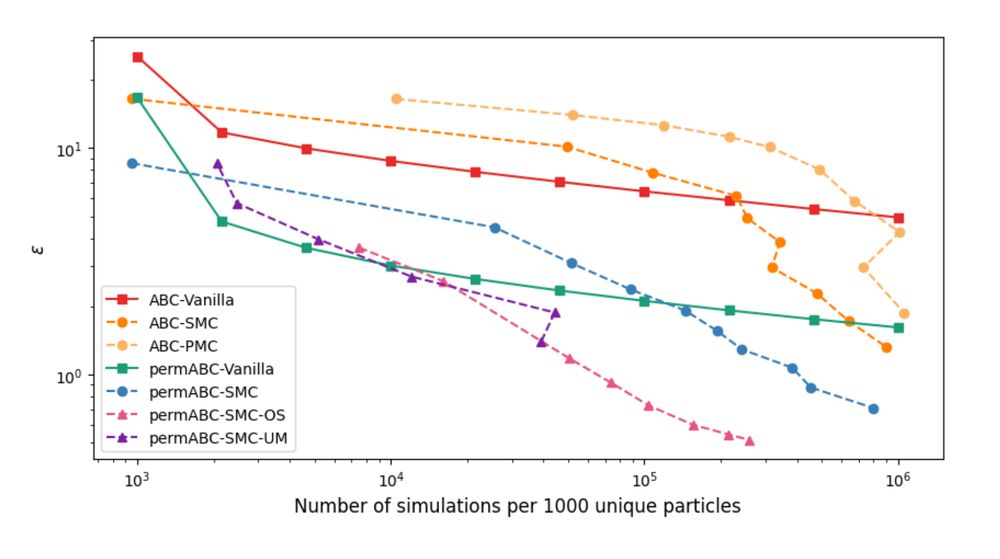Robin Ryder
@robinryder.bsky.social
850 followers
120 following
83 posts
Mathematician at Imperial College London. Bayesian statistics, Data science, Languages, Phylogenies.
Posts
Media
Videos
Starter Packs
Reposted by Robin Ryder
Reposted by Robin Ryder
Reposted by Robin Ryder
Robin Ryder
@robinryder.bsky.social
· Aug 28
Reposted by Robin Ryder
Reposted by Robin Ryder
Reposted by Robin Ryder
Robin Ryder
@robinryder.bsky.social
· Jul 9
Robin Ryder
@robinryder.bsky.social
· Jul 9
Robin Ryder
@robinryder.bsky.social
· Jul 9









